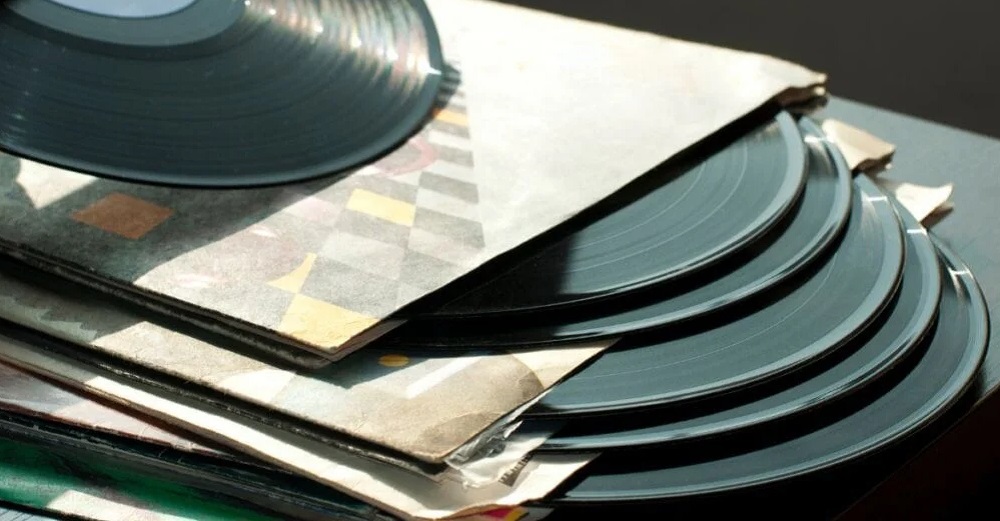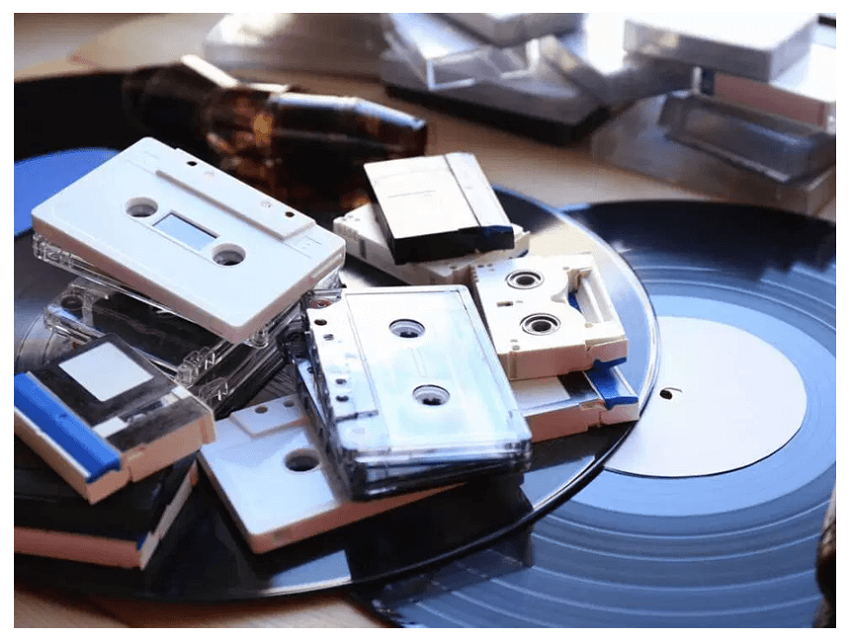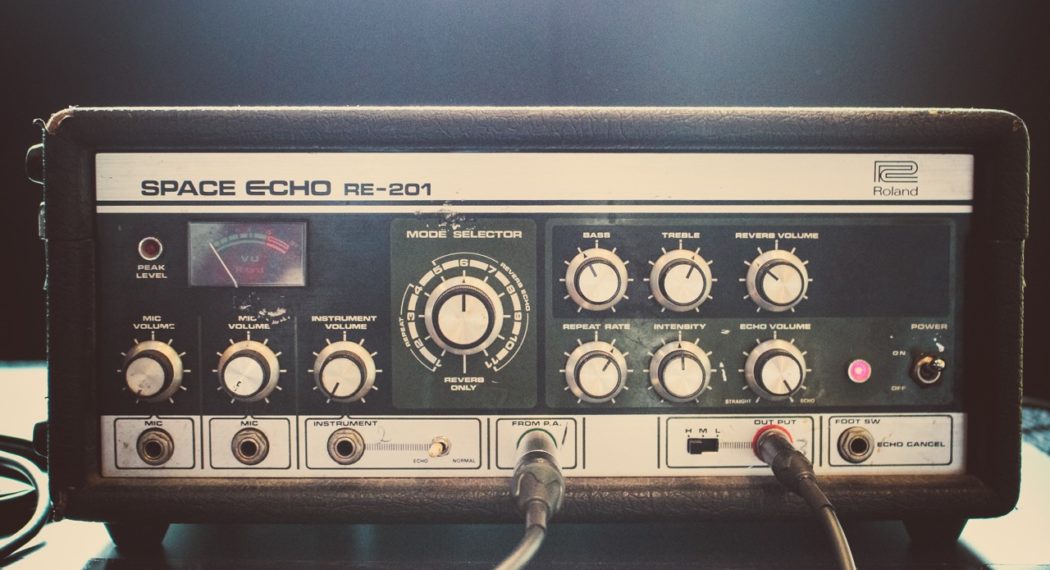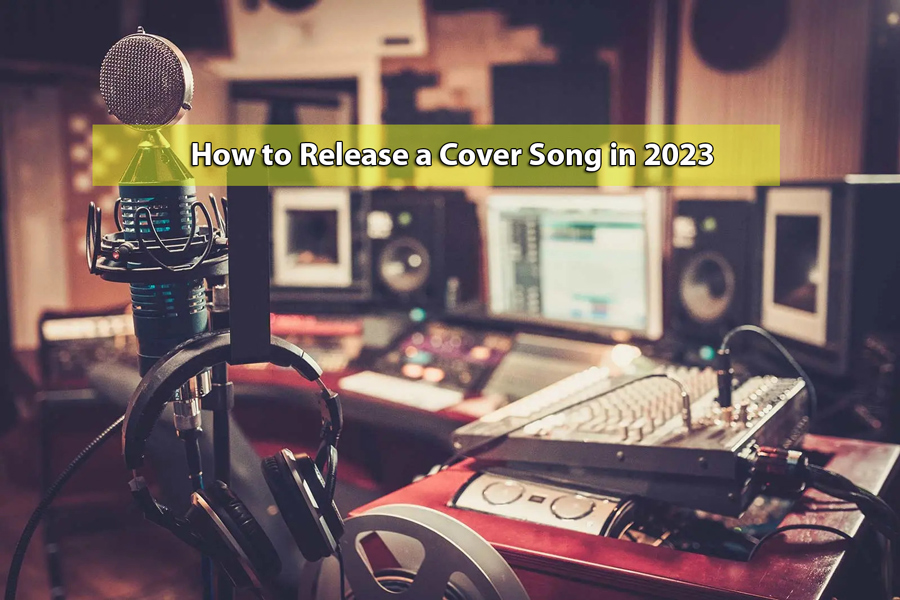While the benefits of recording and releasing a cover song are plentiful, many artists shy away due to concerns about the legalities surrounding someone else’s composition. However, the process of covering a song legally is not as daunting as it may seem, and when executed properly and ethically, it can significantly enhance an artist’s career.
Why Release Cover Song?
Several compelling reasons make legally recording and releasing a cover song an attractive option. Covering a well-known or current hit song provides a gateway to tapping into an already engaged audience and expanding your fan base. Additionally, music supervisors actively seek cover song licensing for TV or film placements, offering artists additional exposure and opportunities.

Here are some key tips to consider when releasing a cover song legally:
1. You Don’t Need Permission, but Notify and Pay Royalties
Contrary to a common misconception in the music industry, you don’t need explicit permission from the original composer to record a cover version. The concept of “compulsory licensing” in US copyright law makes it easier for artists to cover a song. However, two crucial steps must be followed:
a. Notify the Owner: Inform the original copyright owner of your intent to cover the song. This is not seeking permission but a courtesy to keep them informed.
b. Pay Royalties: Under compulsory licensing, artists must pay a specific royalty rate per song purchased or downloaded. As of now, the rate is 9.1 cents for songs under 5 minutes and 1.75 cents per minute or fraction thereof for songs over 5 minutes.
2. Obtain a Mechanical License for Online Releases
To cover a song legally and release it online, artists need a “mechanical license,” which allows the creation and sale of phonorecords. Originally referring to physical recordings like CDs, cassette tapes, or vinyl, the term now includes digital downloads such as MP3s. The Harry Fox Agency (HFA) is a prominent organization facilitating this process, handling a vast catalog of music publishers in the US.

a. Use HFA or Alternatives: HFA is a reputable and efficient way to obtain a mechanical license. However, in some cases, alternatives like EasySongLicensing.com may be necessary, although additional fees may apply.
b. Estimate Sales and Pay Upfront: Artists need to estimate the number of units they plan to sell, pay the corresponding fee upfront, and, for digital downloads, keep track of sales to purchase additional licenses if needed.
3. Ensure It’s a Legitimate Cover
When releasing a cover song legally, it’s essential to stay true to the original song’s structure. Straying too far from the original lyrics, melody, or meaning can complicate the licensing process.
a. Stick to Original Elements: To obtain proper cover song licensing, maintain the integrity of the original lyrics, melody, and overall meaning of the song.
By following these key tips, artists can navigate the legalities of covering songs, unlocking the potential for broader exposure and career advancement. Before diving into the process, confirming that your rendition legally qualifies as a cover is paramount for a smooth and legally compliant release.












